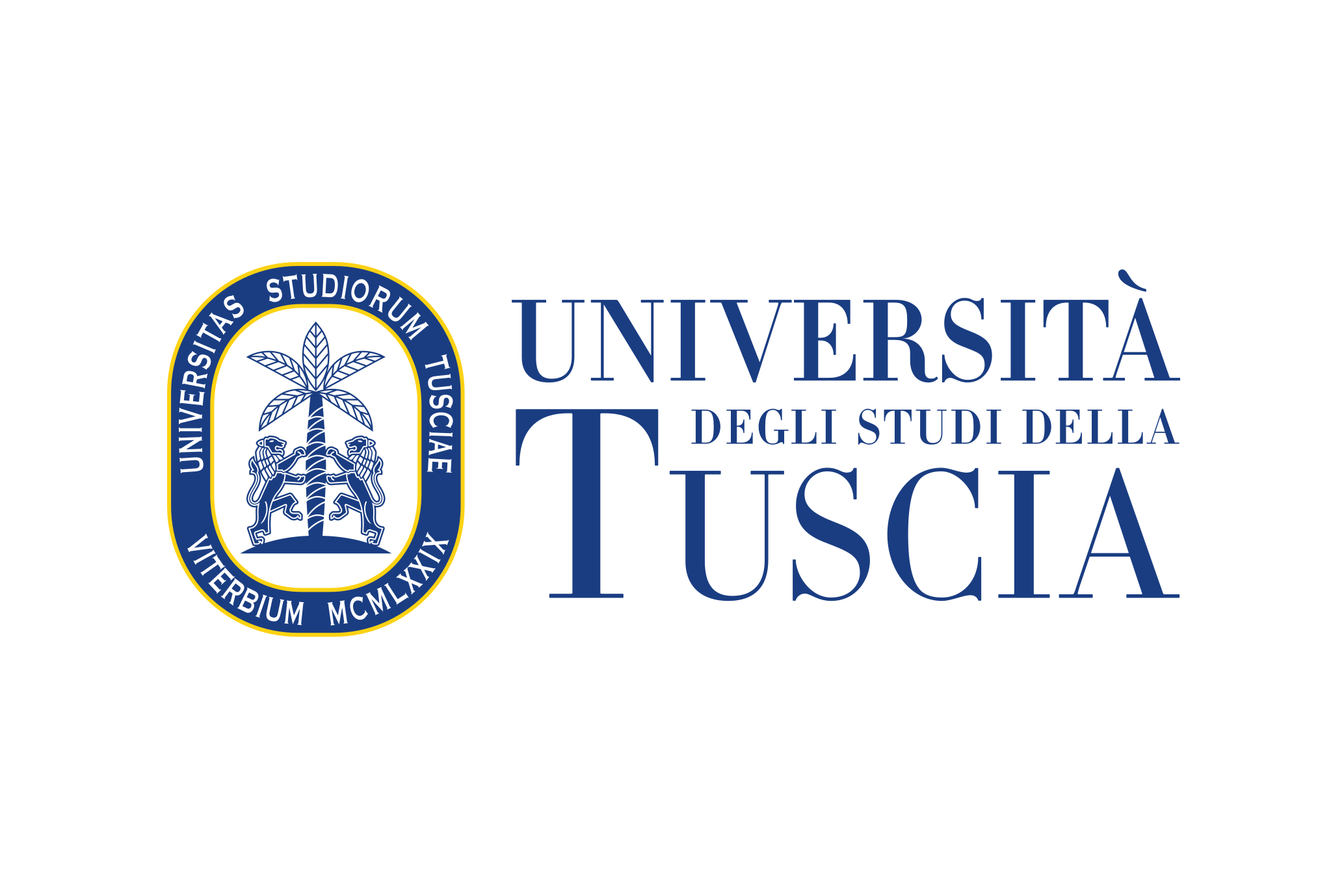
Located in the town of Viterbo, around 100 km from Rome, Tuscia University (UNITUS) was established in 1979 and is now composed of six departments: Agriculture and Forest Sciences (DAFNE), Ecological and Biological Sciences (DEB), Economy, Engineering, Society and Business (DEIM), Innovation in Biological, Agro-Food and Forest Systems (DIBAF), Languages and and foreign modern literatures (DISTU) and Humanities, Communication and Tourism (DISUCOM)
Approximately 10,000 students are enrolled in over 40 undergraduate and graduate degree programs and the academic staff accounts for 1,800 team members. UNITUS’ main areas of expertise and knowledge lie in the humanities, pharmacy, agriculture, management, medicine, science and engineering.
The Department of Innovation in Biology, Agri-food and Forest systems (DIBAF), established by Rector’s Decree no. 350/11 of 22.04.2001, was born from the union of scientific expertise available in the former Faculty of Agriculture and MM.FF.NN Sciences. DIBAF is a research and multidisciplinary education laboratory for the scientific and technological innovation of the following processes: exploitation, conservation and management of biological systems and forestry resources, food processing and security, human health and chemical processes for the environment, with special attention to environmental sustainability.
DIBAF combines and integrates various disciplines and complementary approaches, from basic knowledge of chemistry and biology to those typical of agri-food, animal, industrial and environmental biotechnologies which support sustainable management of biological, agri-food and forest systems.
Currently undergoing researches include but are not limited to: i) the use of animal models (mainly teleosts and insects) for the monitoring of environmental biodiversity as well as the study of immune physio-pathologic reactions in response to biological stressors; ii) the adaptation and selection of animal species in terms of resilience to climate changes; iii) the identification and production of high-value biomolecules and natural products with antimicrobial properties from teleost species (Antarctic: Trematomus bernacchii and Chionodraco hamatus; Temperate: Oncorhynchus mykiss).
Role in the Project
Tuscia University is involved in Work Package 2 in a literature study on fish mortality and migration patterns, linking this to the technologies investigated in this project, in Work Package 4 in monitoring of fish mortality, stress levels and behavior and in Work Package 5 in the assessment of environmental issues for the commissioning of low-head hydropower plants and Geographical Information System Tool implementation (environmental data).

